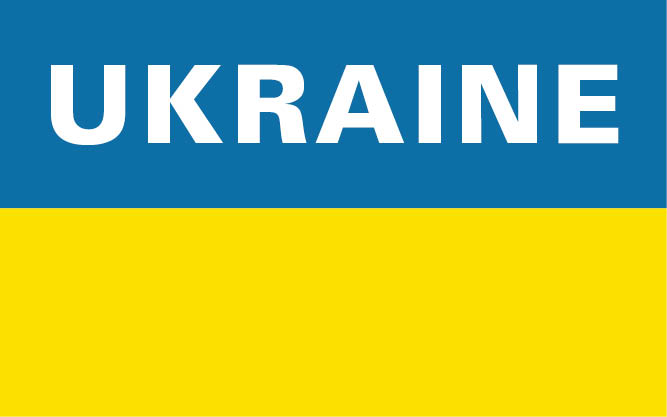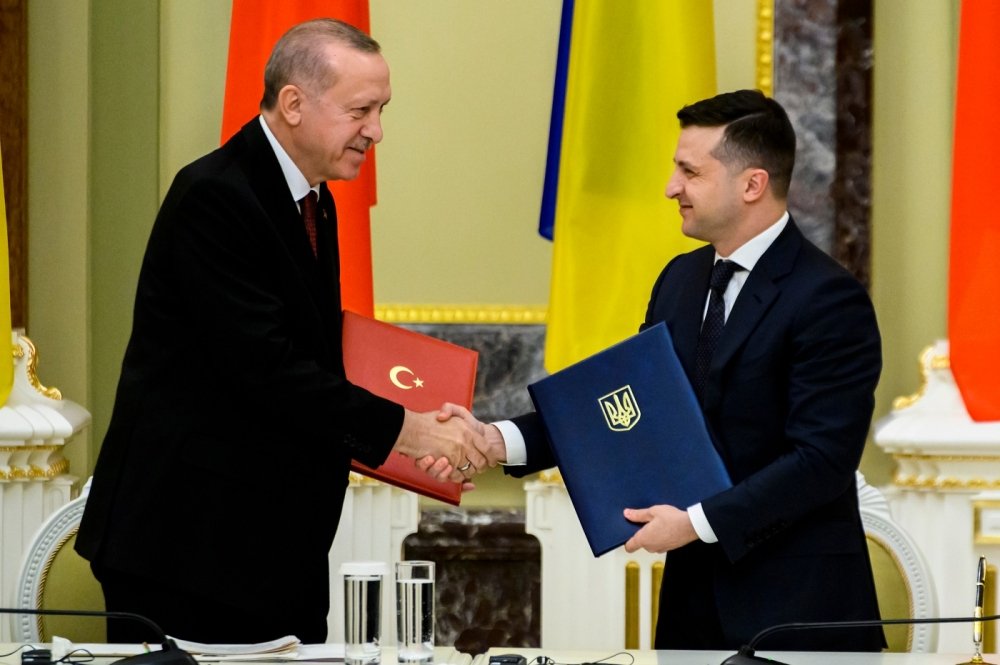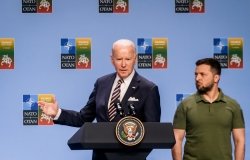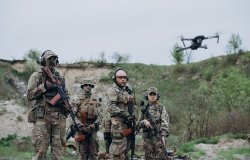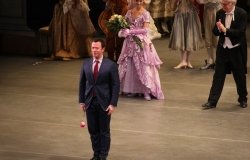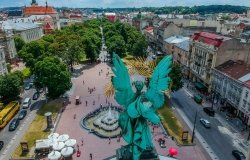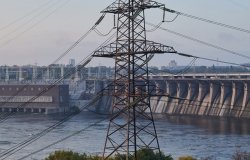
A blog of the Kennan Institute
Turkey’s Goals in the Russia-Ukraine War
BY ILIYA KUSA
Of the many countries struggling to find a proper approach to the Russia-Ukraine war, Turkey seems to have landed on the most controversial yet comfortable one.
Ankara has managed to preserve its relationship with both Moscow and Kyiv without endangering its own geostrategic calculations in the region while at the same time avoiding joining ranks with Western countries in imposing crippling sanctions on Russia. The role of a key mediator, which President Recep Tayyip Erdoğan was so eager to take on, has allowed Turkey to conveniently position itself in the middle of the fight—and not just in the conflict between Russia and Ukraine but more broadly in the struggle between Russia and the West, and even globally between the West and the numerous non-Western countries that have preferred to strike a more cautious and balanced approach to the war.
The overall political and ideological polarization incited by the war in Ukraine has threatened many countries that have worked for years to build a balanced, pragmatic, multivector foreign policy. Now many of them find themselves having to make a hard choice.
Western countries under U.S. guidance are urging them to make common cause against Russia, which often means abandoning their balancing act between major powers. As the war has shown, in a highly tense international environment, a posture of neutrality and balancing on the part of countries struggling not to choose sides is not welcome by the conflicting parties, which strive to mobilize support for their own efforts.
Turkey in particular has had to carve a path that does not lethally threaten relations with either Russia or the EU.
The war in Ukraine has presented Ankara with both opportunities and risks. After the 2015 centralization of political power in the hands of Recep Erdoğan, the president moved his personal ambitions and goals to the forefront of Turkey’s foreign policy. In particular, he has sought to make Turkey a regional Muslim superpower capable of designing and guiding a new “post-Western” security architecture in greater Eurasia and one of the first non-Western powers to shape the new multipolar world order.
To preserve this course, Turkey has had to find an appropriate way to deal with the Ukraine challenge. In essence, two global objectives became a priority for Turkey when Russia invaded Ukraine on February 24: to preserve its global and regional positions, which Turkey has managed to consolidate and enhance after 2016; as well as to reinforce Ankara’s influence and amplify earlier achievements to ensure further expansion.
Objective 1: Preserving Turkey’s Global and Regional Positions
The first global objective is reflected in several developments that became essential in Ankara’s quest to hold its ground.
First, the war in Ukraine has threatened Turkey’s pragmatic multipolar approach underpinning its foreign policy. The political coalescence of NATO and EU countries against Russia could not have escaped Turkey’s attention. Nor could Ankara remain on the sidelines and refrain from getting involved, given its close ties with several Western countries and its NATO commitments.
On the other hand, Turkey did not want to degrade its relations with Russia by joining the Western-led sanctions, in which Ankara has declined to participate since 2014. For Turkey, Russia has been an important trading partner ($32.5 billion as of 2021), a key source of foreign investment (more than $10 billion), a colossal source of tourists (Russians account for almost 5 million visits, or 1 percent of all foreign tourist visitation), a crucial energy supplier, and an important “frenemy” in several regional playgrounds where Turkey (though not without Russia) has been able to actually accomplish something, such as in Syria, Libya, and Nagorno-Karabakh.
Turkey has been able to maintain relations with Russia and the West, thereby sustaining its desired global position, by assuming the role of a key mediator between Russia and Ukraine. This formal role gives Ankara a good reason not to get involved in sanctioning Moscow.
Second, the war in Ukraine, with its subsequent social, economic, political, and transnational repercussions, has endangered stability on a number of regional issues that are vital for Turkey’s security, reputation, and international self-reliance.
For years, Turkey’s regional policy was built on a situational partnership with Moscow. The possible weakening of Russia as a result of the war in Ukraine could throw the regional balance in the South Caucasus, the Black Sea region, and the Levant into disarray, strengthening, for instance, Iran in Syria—and Iran is one of Turkey’s less preferred competitors.
Regional destabilization is not in Ankara’s interests, especially in light of the substantial financial and economic difficulties Turkey has been struggling with since last autumn.
Objective 2: Reinforcing Ankara’s Influence
The second global objective has to do with furthering Turkey’s political, economic, trade, and geopolitical expansion.
By shaping the dynamics of the current crisis, Turkey is trying to “ride the tide” and use it to its advantage. Its tactics to achieve this goal include taking the place of Western companies on the Russian market, accruing tourist and financial flows from Russia, thereby bypassing sanctions, and gaining political ground in regional affairs by taking on a mediation role, forcing the conflicting parties to consult with and through Ankara on issues of war, peace, maritime trade, the demining of the Black Sea, and the restoration of essential Ukrainian wheat exports.
In addition, many Russians, fearing Western sanctions, have moved to Turkey, investing millions in the local real estate market and registering businesses there, which is also a lucrative deal for Ankara. (Ankara offers citizenship for a $400,000 investment.)
Finally, Turkey sees an opportunity to achieve its long-sought goal of becoming the major gas transit hub for Europe. With the European allies determined more than ever to reduce their dependence on Russian gas imports, Turkey is offering its services and lobbying for realization of a long-discussed new subsea pipeline between Israel and Turkey, one that would allow eastern Mediterranean gas to reach Europe through Turkey.
Even more important for Ankara in this context is exploiting the momentum to strengthen its own standing in the world.
As Western partners search for support in containing the Russian threat and dealing with an array of war-related consequences, Ankara sees the time is ripe to make the West drop sanctions against the Turkish defense industry and embrace Turkey as an equal partner.
It is with this logic in mind that Turkey’s leadership unexpectedly jumped on NATO’s expansion process with bold demands as to what Sweden, Finland, and NATO member states should do to obtain Ankara’s consent. And it is this tactic of getting the most out of concessions from all parties that drove Erdoğan to announce a new military operation in northern Syria against the Western-backed Kurds, thereby endangering the regional positions of both Russia and the United States.
All in all, Ankara’s predominant stance on the Russia-Ukraine war is not about Russia or Ukraine at all. It is about ensuring that any future postwar settlement in the region and the world will necessarily include Turkey’s interests, and ideally establish Turkey as a stakeholder in the process.
Turkey’s serious economic problems, however, mean these plans may have to be adjusted. The key aspect of the Russia-Ukraine war for Erdoğan and his government remains not so much support for Ukraine or Russia as an opportunity for Erdoğan to strengthen his position on the international stage at the expense of either country’s interests by proactively practicing diplomacy amid the developing crisis.
The opinions expressed in this article are those solely of the authors and do not reflect the views of the Kennan Institute.
About the Author


Kennan Institute
The Kennan Institute is the premier US center for advanced research on Eurasia and the oldest and largest regional program at the Woodrow Wilson International Center for Scholars. The Kennan Institute is committed to improving American understanding of Russia, Ukraine, Central Asia, the South Caucasus, and the surrounding region though research and exchange. Read more
